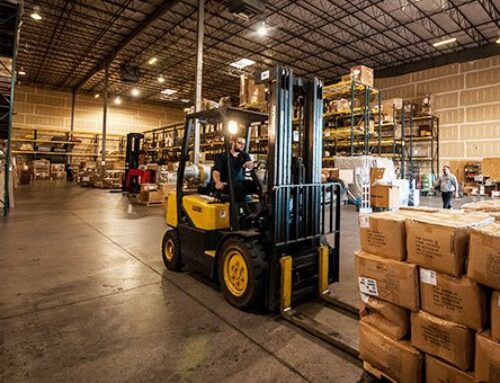The process of choosing a warehousing and fulfillment company can be extremely difficult, in part because every fulfillment company uses a different pricing model – making the comparison process challenging. In this article we’ll explain some tips for comparing fulfillment rates from different providers. Our hope is to make this complicated process much easier for you.
First, it’s important to understand the various charges and how they may differ. From a high level, you can expect four main types of fulfillment fees:
1. Receiving fees
2. Storage fees
3. Pick and pack fees
4. Shipping fees
It’s important to understand what each of these means, because all fulfillment companies will factor for all of these areas, whether their pricing structure provides a fee for each area or combines them all into one rate. Receiving fees are incurred to receive product from the manufacturer or supplier and enter the counts into their inventory management system. Companies usually charge on a per piece basis or an hourly basis. Storage fees are incurred for the monthly storage of product at their warehouse. Companies usually charge on a per pallet basis (for example, 4x4x4 foot pallet) or a cubic footage basis or some customers prefer by the case. Pick and pack fees are incurred to physically pick and package the orders for shipment. Companies usually charge on either a flat per order basis or a per order plus a per item basis. And, finally, shipping fees are incurred to ship the product to your customer. These are the shipping fees for USPS, UPS, FedEx, etc. Oftentimes, because fulfillment companies aggregate the freight of many customers, they’re able to get you a much better rate than you’d be able to receive on your own.
And these aren’t all of the charges you might see in any given month. Add to that list box costs, returns fees, management fees, shopping cart integration fees, among many others, and the challenge of comparing prices can be daunting.
We recommend one simple approach for comparing fees – ask each potential provider to give you an estimated bill for a month of service based upon your average shipping volume. This way you can really make a fair comparison. And be sure to ask each provider to include ALL pricing that would be incurred, as many companies try to hide some fees. By making everyone compete on a level playing field, you can choose the best company for your needs.




